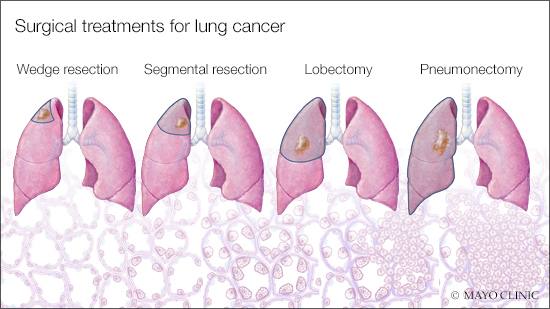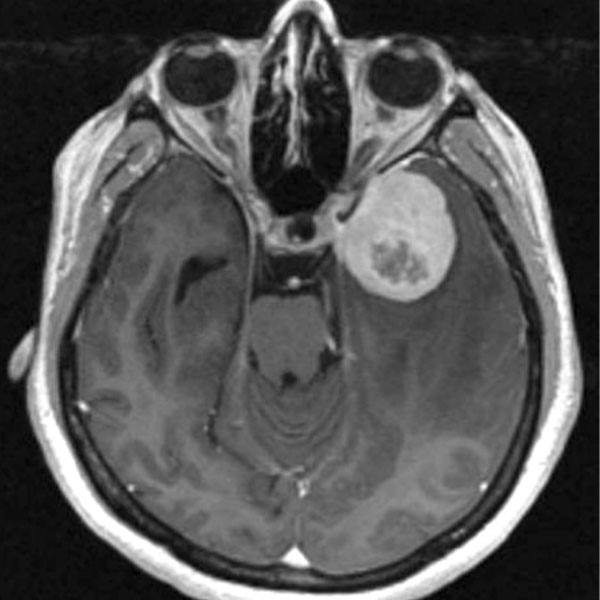-
Living With Cancer: Lung cancer — understanding treatment options

Treating lung cancer
Once your lung cancer has been diagnosed, your health care provider will work to determine the extent, or stage, of your cancer. The type and stage of your cancer, as well as your overall health and preferences, will help you and your health care provider choose the most appropriate treatment plan. The options may include surgery, radiation therapy, chemotherapy, radiosurgery, targeted drug therapy and immunotherapy. Learn more about each of these treatment options and which might be best for you.
Video: 'Kidney Cancer'
Because kidney tumors often don't cause symptoms, most kidney cancers are found during tests for unrelated conditions. In Ganella Anderson's case, a CT scan to evaluate her upset stomach revealed a kidney tumor the size of a football. Anderson and Dr. Bradley Leibovich, her Mayo Clinic urologist, share her story in this video.
Active surveillance for prostate cancer
Active surveillance for prostate cancer, also called "expectant management" or "watchful waiting," is used to avoid treatment side effects in men with a low risk of prostate cancer progression. Active surveillance means there is no treatment. Rather, the cancer is simply monitored for any changes. This approach may be recommended when the cancer is small, expected to grow slowly, confined to one area of the prostate, and not causing signs or symptoms. Find out more about active surveillance for prostate cancer and whether it might be right for you.







